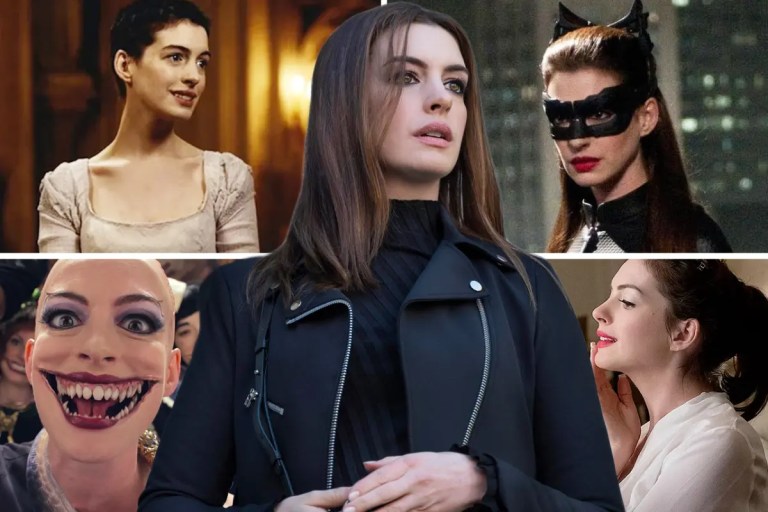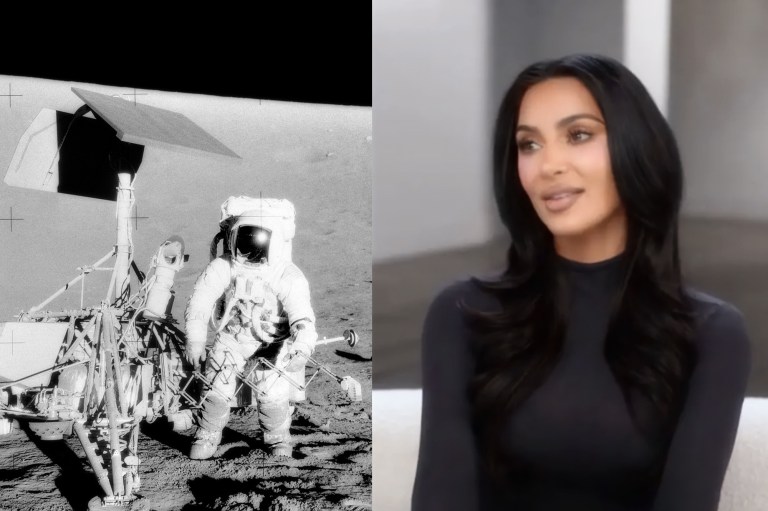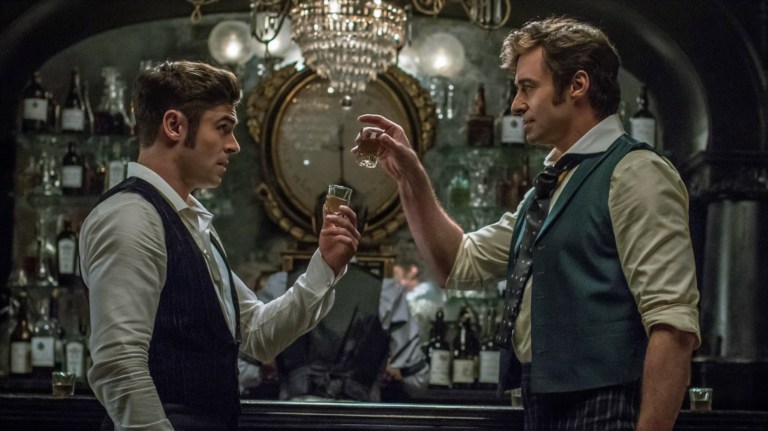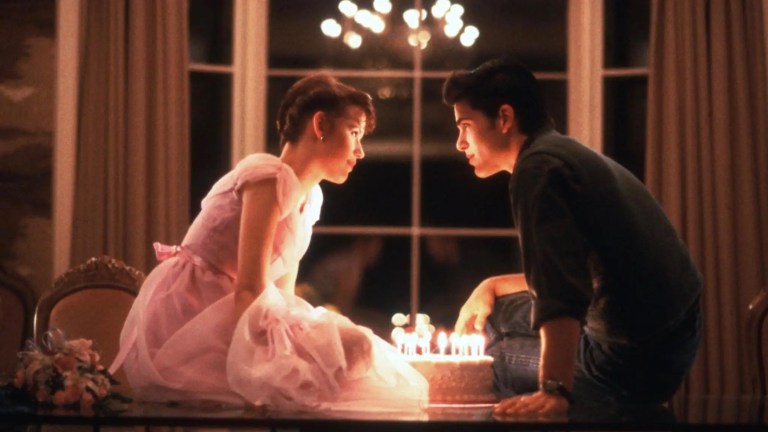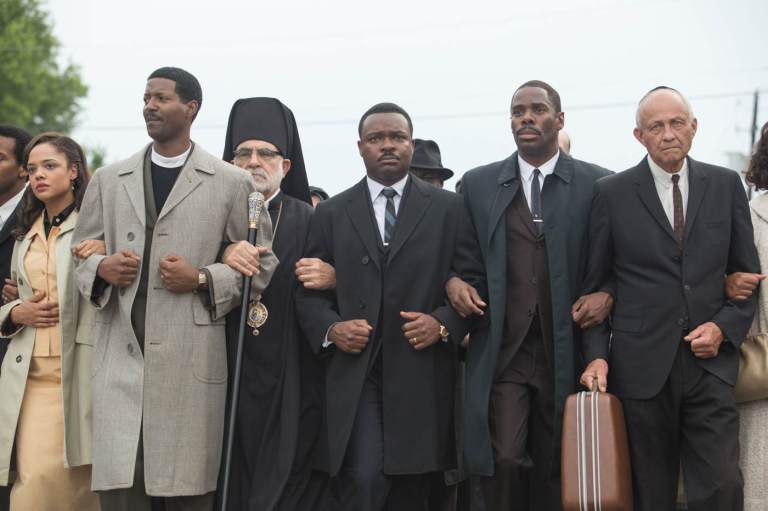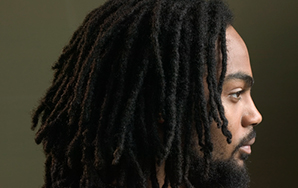
“Dreadlocks Are Unprofessional,” Says Racist
"They told me my hair was unprofessional, that it wasn't appropriate for the workplace."
After much protesting and controversy, the Dean of the Business School at Hampton University, an historically black college in Hampton, Virginia, upheld a ban on dreadlocks for male students enrolling in a 5-year MBA program. The ban targets students who plan to register for a specific leadership seminar, so on the surface it doesn’t sound so bad. All you have to do is shave your head for one dumb course. Yeah, but considering that dreadlocks take years to grow and you can’t get them back when the class is done, you’re kissing those things goodbye.
On the one hand this is supposed to help black male students succeed in the business world, a universe full of people with slicked-back hair and business cards made of Swiss metal and diamonds. In the business world, looking the part is just as important as having the part, cc Romy and Michele’s High School Reunion. But on the other hand, I can’t help but see this as forcing budding male entrepreneurs to basically shave off their blackness as they attempt to float in the overwhelmingly white male dominated business world. The Dean is offering his students a choice: do you want blackness or do you want career success?
Unfortunately this is a decision that a lot of black people have to make, and not always having to do with dreadlocks. Black women are often faced with the decision to keep it natural or to wear weaves or chemically process their hair to make it straighter and “more appropriate” for the workplace.
One day a few years ago my cousin Katrena called me, angry. She’d just moved to New York from The Real America and was working in various temp agencies to get on her feet. Boy did she have trouble. One time her boss tried it with her and when she wasn’t about to let it go down like that, her boss gave her a bad review and she wasn’t invited back to work. But the story that struck me the most was the one where her contract at a place in Midtown Manhattan didn’t get renewed for reasons that were completely racist and unfathomable.
“They told me my hair was unprofessional, that it wasn’t appropriate for the workplace.”
Katrena is a beautiful girl with model looks and an effervescent style. If you saw her you would think she was an editor at some hot fashion magazine. After years of pulling a Beyoncé and going from weave to weave, Katrena let her natural hair grow out into an afro. No weaves, no perms, just full on natural fabulousness. She looked amazing, but this was the look her boss said was unprofessional and inappropriate for the workplace.
What is so frightening about natural hair? Is it really so unprofessional?
My good friend, now a professor at a top 10 university, has natural hair and I remember when he was on the job market he was concerned about how he would come off. Would it read as professional? How could he up the professionalism of his look?
People are quick to say that race doesn’t matter, that race shouldn’t matter. Sure, fine, but these are probably the people who don’t have to worry about whether having their hair the way it grows naturally SINCE BIRTH could preclude them from an important job or career prospect. How does that phrase go? “Dress for the job you want not for the job you have.” We all have to deal with looking or dressing the part for all kinds of stuff — sociologists called it “impression management” — but it seems so silly to focus on something like hair. And yet, is there anything more telling than hair about the difference race makes? ![]()
